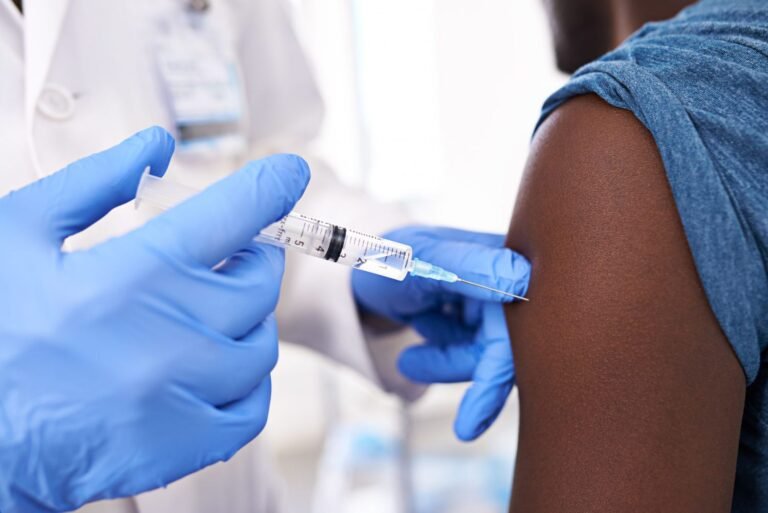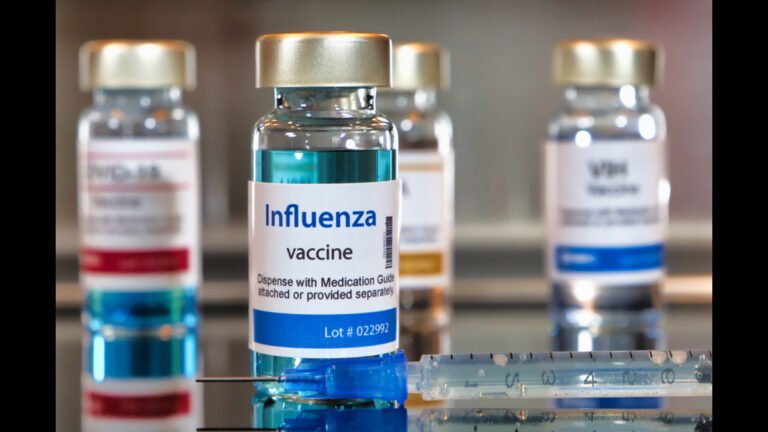Introduction to Liquid Biopsy
Liquid biopsy represents an innovative approach to cancer diagnosis and treatment, providing critical insights through non-invasive means. Unlike traditional tissue biopsies, which require surgical intervention to obtain sample tissue from the tumor, liquid biopsies analyze biomarker information from bodily fluids, predominantly blood. This method allows for easier and safer patient monitoring, as it minimizes discomfort and the risks associated with invasive procedures.
[ez-toc]
The significance of liquid biopsy lies in its capacity to detect cancer-related biomarkers, such as circulating tumor cells (CTCs), cell-free DNA (cfDNA), and exosomes. These biomarkers can provide real-time information about the tumor’s genetic profile, enabling healthcare professionals to make informed decisions regarding treatment protocols. As a result, liquid biopsies are quickly gaining traction in oncology for their potential in personalized medicine, where treatments can be tailor-made according to the patient’s unique tumor characteristics.
One of the remarkable advantages of liquid biopsy is its potential for early cancer detection. Conventional methods might miss tumors in their early stages, but liquid biopsies can identify circulating tumor DNA before the disease is visible through imaging techniques. This early detection can considerably enhance the chances of successful treatment and recovery.
As research progresses and technology continues to evolve, the interest in liquid biopsy is growing remarkably, leading to its increasing integration into clinical practice. The future holds great promise for liquid biopsy as a standard approach in oncology, ensuring comprehensive patient care through rapid and non-invasive diagnostic methods.
Top 10 Liquid Biopsy Companies
The field of liquid biopsies is rapidly evolving, with numerous companies leading the charge in innovative diagnostic solutions. Here, we present an overview of the top 10 liquid biopsy companies globally, emphasizing their contributions to the industry.
1. Guardant Health (Founded in 2012) – Based in Redwood City, California, Guardant Health focuses on advanced genomic testing for cancer. One of their key products is Guardant360, a comprehensive liquid biopsy test that analyzes circulating tumor DNA (ctDNA) for treatment selection. The company has achieved significant milestones, including partnerships with leading pharmaceutical firms and pivotal studies published in renowned journals.
2. Foundation Medicine (Founded in 2010) – Located in Cambridge, Massachusetts, Foundation Medicine is known for its FoundationOne product that does extensive genomic profiling. Their innovative approach in integrating comprehensive molecular information aids oncology professionals in making informed decisions about patient treatment.
3. Biocept (Founded in 2011) – Headquartered in San Diego, California, Biocept specializes in liquid biopsy solutions for oncology. They have developed innovative assays that detect biomarkers in blood, providing essential information for treatment decisions. Their focus on early cancer diagnosis positions them as a leader in the sector.
4. Epigenomics AG (Founded in 1998) – This Berlin-based company specializes in developing blood-based tests for cancer detection, with a primary focus on colorectal cancer. Their Epi proColon test enables non-invasive testing, reaching patients who might otherwise not undergo traditional screenings.
5. Cynvenio Biosystems (Founded in 2012) – Based in Westlake Village, California, Cynvenio offers the CLIA-certified LiquidBiopsy platform, which enables the capture and analysis of circulating tumor cells (CTCs) and ctDNA for personalized oncology insights.
6. Caris Life Sciences (Founded in 2008) – Headquartered in Phoenix, Arizona, Caris Life Sciences offers a broad portfolio of molecular profiling solutions, including liquid biopsies. Their Caris Cancer Resource provides oncologists with valuable data to optimize treatment plans.
7. GRAIL, Inc. (Founded in 2016) – This Menlo Park, California-based company is pioneering a multi-cancer early detection platform. Their Galleri test aims to detect multiple cancer types through a single blood draw, showcasing cutting-edge innovation in the field.
8. Illumina, Inc. (Founded in 1998) – Located in San Diego, California, Illumina is a leader in genomics and has expanded into the liquid biopsy market. Their next-generation sequencing technology is pivotal in developing accurate and efficient liquid biopsy solutions.
9. Freenome (Founded in 2014) – Based in South San Francisco, Freenome focuses on early cancer detection through a combination of artificial intelligence and blood-based testing, specifically targeting colorectal cancer with their multiomics platform.
10. Exact Sciences Corporation (Founded in 1995) – Located in Madison, Wisconsin, Exact Sciences is renowned for its Cologuard test, a non-invasive screening tool that uses DNA and hemoglobin biomarkers. Their commitment to cancer detection reflects their strong position in the market.
These companies represent the forefront of liquid biopsy advancements, playing a crucial role in cancer diagnostics and treatment. Their innovative technologies and commitment to patient-centered care continue to reshape the landscape of oncology diagnostics.
Future Trends in Liquid Biopsy Technology
The landscape of liquid biopsy technology is evolving rapidly, driven by advancements in molecular profiling and analytics. One of the most significant trends is the enhancement of sensitivity and specificity in detecting circulating tumor DNA (ctDNA), exosomes, and other biomarkers in blood samples. As researchers refine techniques for analyzing these components, the accuracy of liquid biopsies improves, making them a valuable tool for early cancer detection, monitoring treatment responses, and identifying relapses.
Furthermore, the integration of digital health technologies into liquid biopsy platforms is poised to transform patient management. By employing wearable devices and mobile applications, healthcare providers can monitor patients’ health data in real time. These innovations enable clinicians to leverage liquid biopsy results alongside other health information, improving decision-making processes and personalized care strategies.
Interestingly, the potential applications of liquid biopsies are expanding beyond oncology. There is growing interest in utilizing these non-invasive tests for diagnosing infectious diseases and conducting prenatal testing. For instance, researchers are exploring how liquid biopsies could detect viral RNA or other pathogens in blood samples, providing timely results for individuals with infectious conditions. Similarly, non-invasive prenatal testing through liquid biopsies presents an opportunity for safer methods to assess fetal health and genetic conditions without the risks associated with invasive procedures.
However, the advancement of liquid biopsy technology is not without its challenges. The industry faces regulatory hurdles, which can impede the adoption of new technologies in clinical settings. Additionally, the need for standardized practices across laboratories is crucial to ensure consistency and reliability in test results. As these challenges are addressed, the future of liquid biopsy technology holds significant promise for transforming the healthcare landscape, enabling more accurate, timely, and patient-centric diagnostics.









